Very, Turkey’s second 100 percent national brand of electric vehicles, will hit the roads in 2024. While one unit will be produced in 4 different segments, 800 orders have already been received for 2024.
The new generation electric vehicle, developed in 300 days by the Evry team, a technology company established to develop products and software in the field of electric vehicles and mobilization systems, was produced in the L7 class in 4 different models at Yıldız Technical University (YTÜ) TeknoPark with completely domestic engineers and designers.
All hardware and software such as electric motor, battery unit, charger, inverter, software, autonomous driving and remote control applications were developed by the same team. After completing the entire approval process for the Turkish market, EVRY’s European type approvals, R85 and certification process continues.
4 different vehicle types produced
Explaining that they have developed 4 different types of vehicles, all in the L7 class, EVRY Technology co-founder and Mechanical Engineer Yosun Karasu gave the following information:
“Vehicle for private use for 4 people. It has 4 doors. With this feature, it provides an extra easy usage area.
Cargo vehicle. It can be considered as a 2-person pick-up. The rear chassis of this vehicle can be shaped modularly. It can be used for transportation, refrigerator, emergency vehicle, garbage, etc.
Buggy model. 2-passenger open-top buggy type vehicle. For use in hobby and countryside areas. Can also be converted for winter use.
Autonomous vehicle. A driverless vehicle with a carrying capacity of 1,500 kg, controlled by coding or remote live driving within the scope of fully autonomous driving. It is intended for use in areas such as military, health and large industrial facilities.”
Karasu said that they offer a 400-volt electric motor of their own design and production, a gearbox that provides multiple gear options and 3 different battery pack options between 11kwh and 33kwh capacities, and listed other features as follows:
“VERY branded vehicles with prominent features such as vehicle-to-vehicle charging support, portable backup battery, adaptive four-wheel drive system, multimedia screens, driving software, touchscreen doors, 220V electrical output, rain, parking and headlight sensors, heated and massaged seats can be controlled remotely with a special mobile application.”
Yosun Karasu explained that they are targeting an annual production capacity of 10 thousand vehicles in the first stage with the factory planned to be completed in Bursa Gemlik by the end of 2025, and stated that they have received orders for 800 vehicles for 2024. Stating that 150 of the orders received came from the Turkish republics, Karasu continued as follows:
“With the new factory, we aim to reach a production capacity of 10 thousand vehicles per year in the first phase.This strategic investment will not only increase the company’s growth potential, but also support employment by providing economic contribution. By combining modern production technologies and sustainable manufacturing practices, the new plant will support VERY’s vision of bringing zero emissions and innovative technologies to the masses, reinforcing the company’s commitment to sustainable mobility and industry leadership.”
Stating that the European type approval and certification processes of the VERY vehicle family were carried out at an international institution in Sweden, Karasu said, “In this context, the official grounds for exporting all vehicles to a total of 77 countries, including the European Union, are being completed.” Noting that they will make their first exports to the Turkish republics with 150 vehicles, Karasu said, “While maintaining the goal of being the leader of its class in the domestic market, we plan to expand our export market, especially in the European Union and the MENA region.”
Karasu said that the batteries in small electric vehicles are 10 Kw on average, while in their case, the smallest package was increased to 11 Kw. Stating that this also has a range equivalent, Karasu said, “We can see 300 kilometers.” Depending on the content of the package, Karasu announced that the average sales price of the vehicle today is 25,000 US dollars.


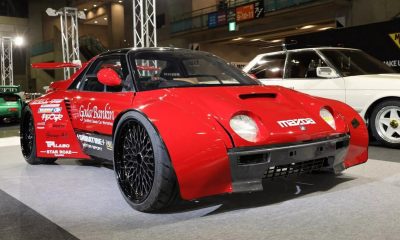
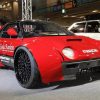
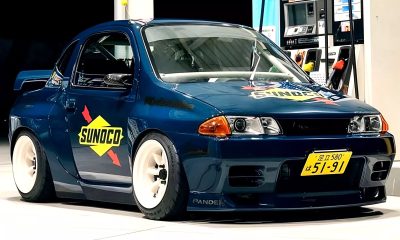
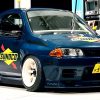
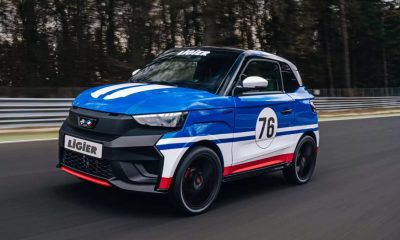

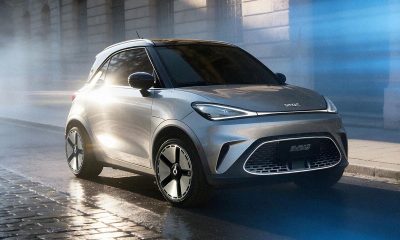

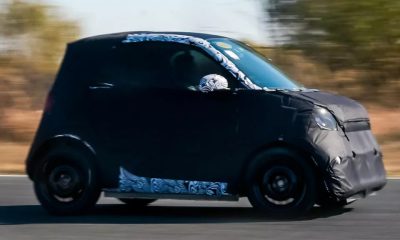
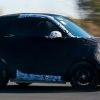


You must be logged in to post a comment Login